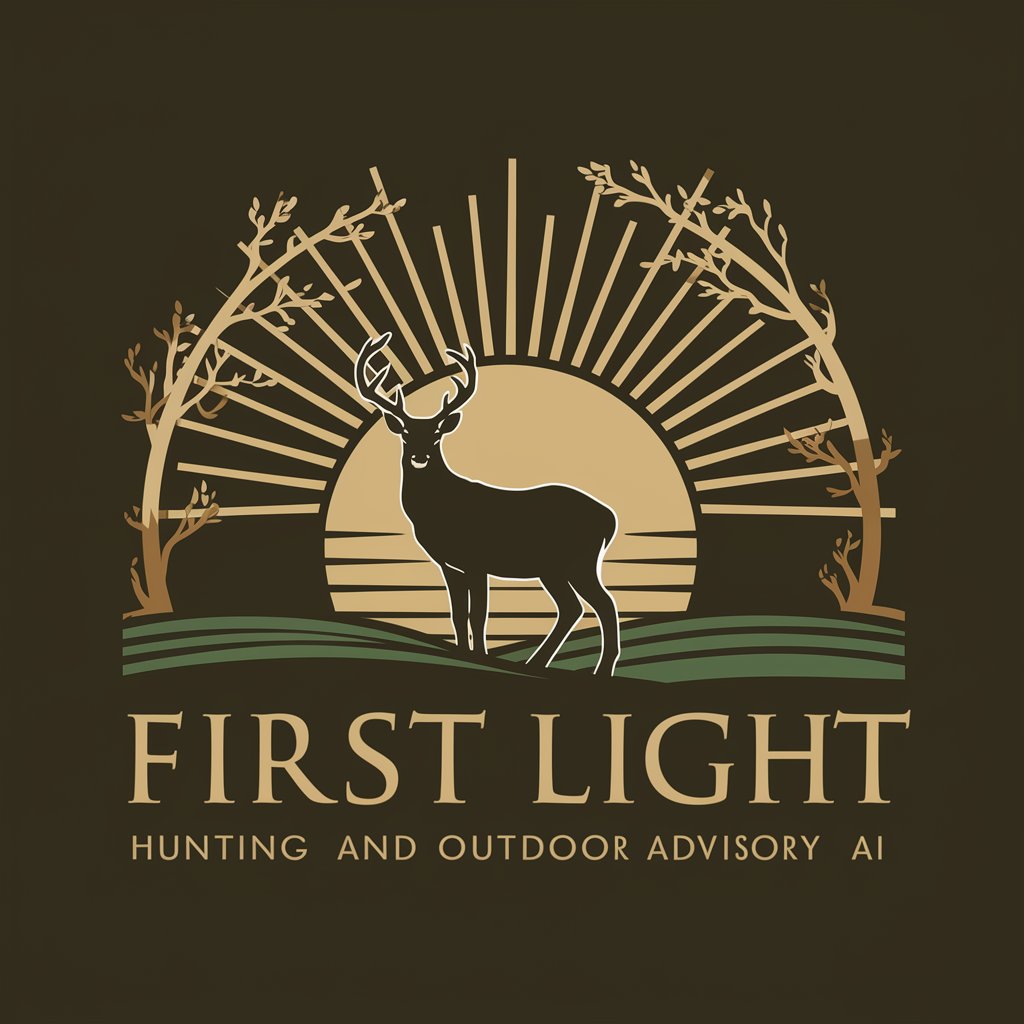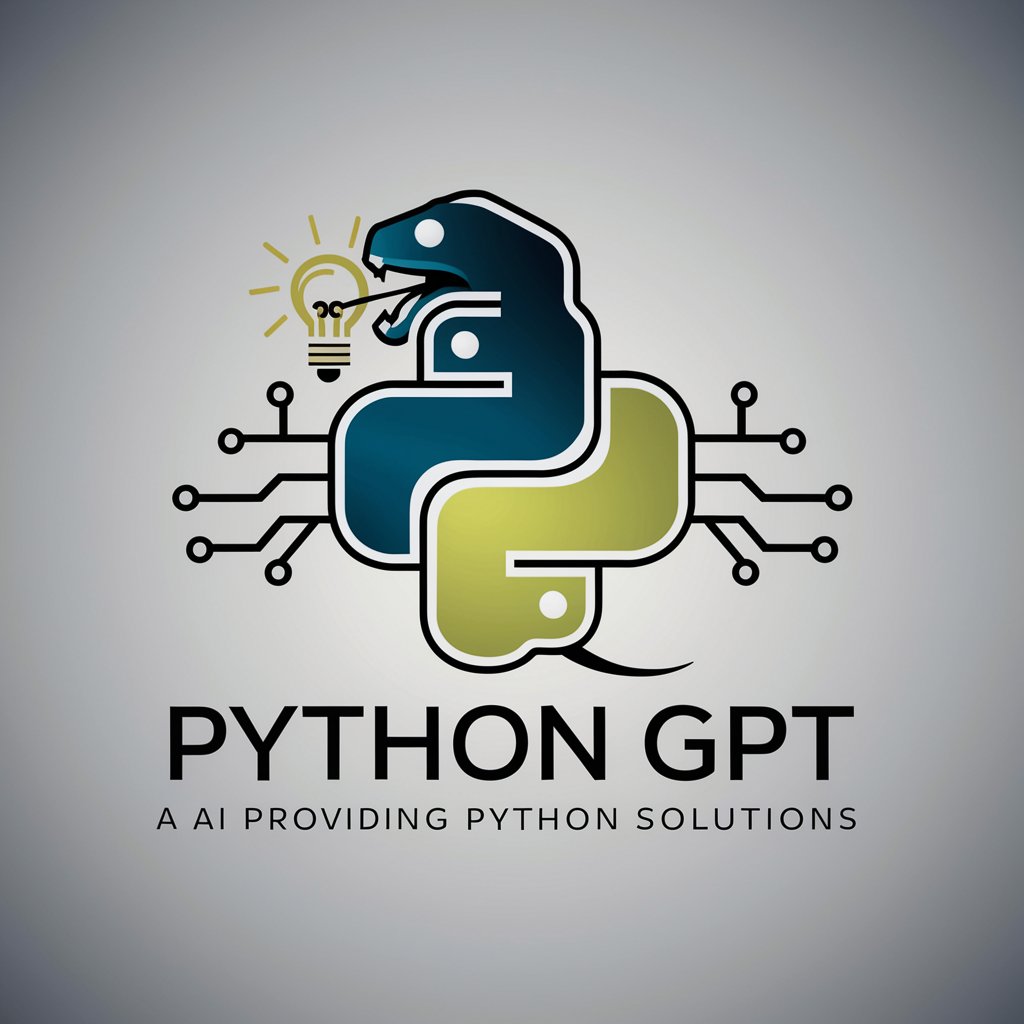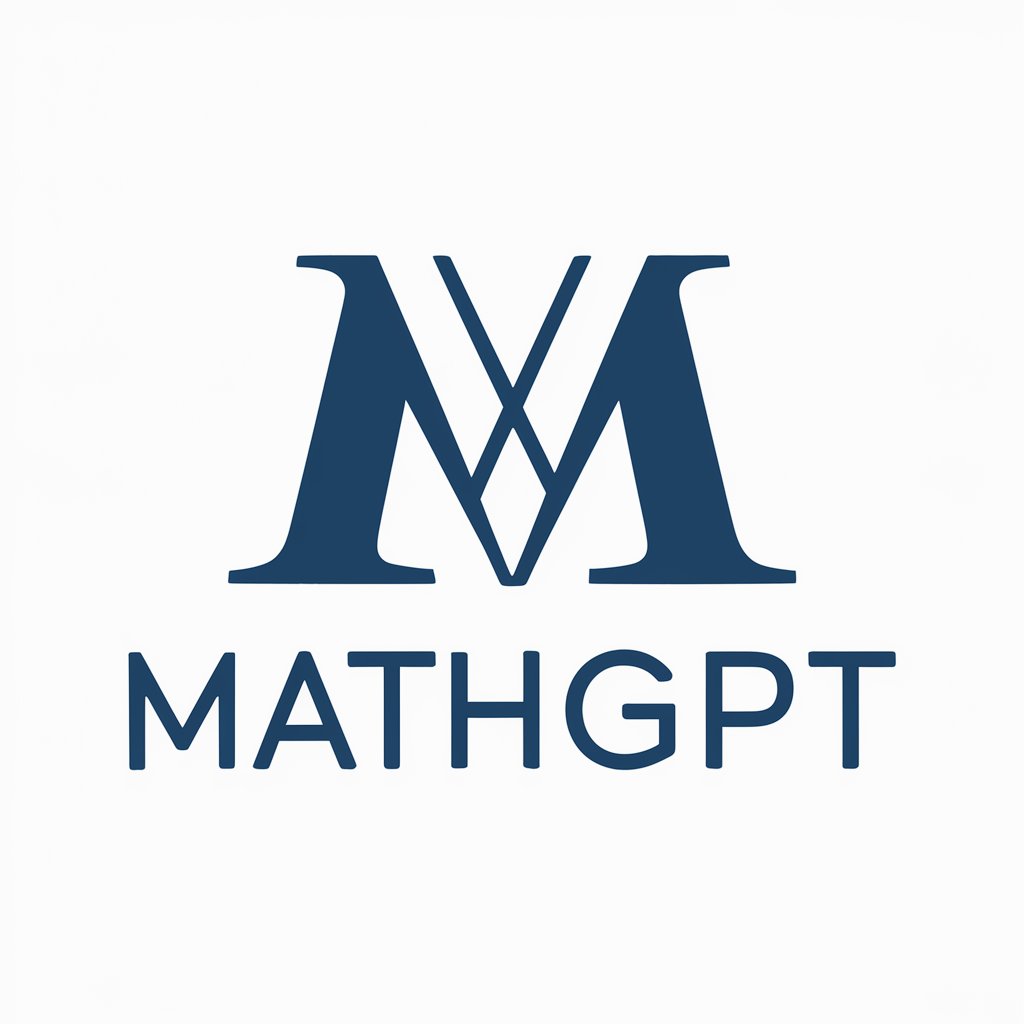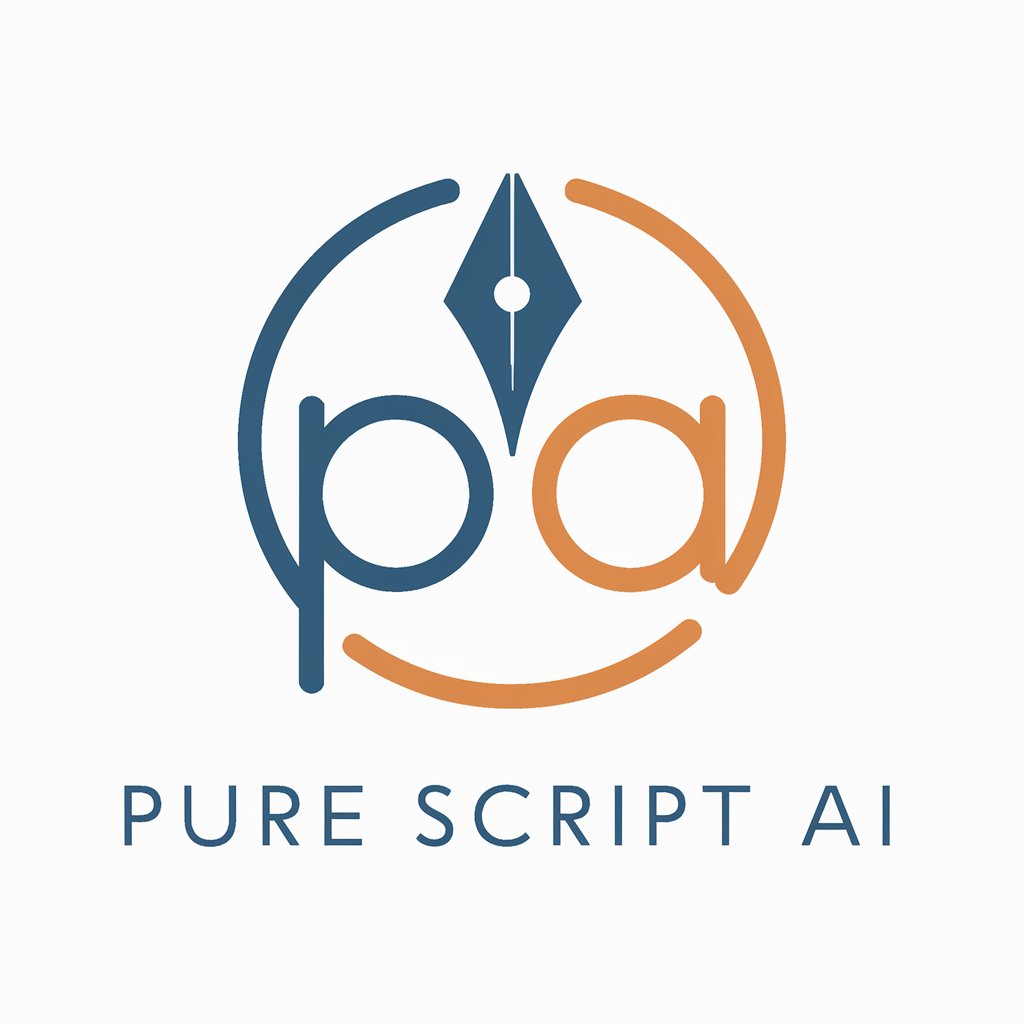Hunting - Ethical Hunting Insights

Welcome to First Light, your guide to ethical hunting and wildlife management.
Empowering Ethical Hunting with AI
How can ethical hunting practices help manage wildlife populations?
What are some tips for beginners in hunting?
Can you explain the benefits of regulated trapping?
How does hunting contribute to conservation efforts?
Get Embed Code
Introduction to Hunting
Hunting is a specialized version of ChatGPT designed to address questions, concerns, and discussions related to hunting and trapping. Its primary function is to provide educational insights, address misconceptions, and offer balanced views on the practices of hunting and trapping within ethical and sustainable frameworks. It is programmed to respond with courtesy and factual information, particularly focusing on ethical game management, conservation efforts, and the role of hunting in maintaining ecological balance. An example scenario illustrating its purpose could involve a user expressing concerns about the impact of hunting on wildlife populations. In this case, Hunting would offer detailed explanations about regulated hunting practices, how they help control over-population, and contribute to conservation efforts, thereby fostering a more informed and balanced discussion. Powered by ChatGPT-4o。

Main Functions of Hunting
Educational Outreach
Example
Providing accurate information about wildlife management, laws, and the ethical standards hunters are encouraged to follow.
Scenario
A user might be confused about the rules surrounding hunting seasons; Hunting explains the reasons behind these regulations and how they help sustain animal populations.
Misconception Addressing
Example
Correcting common misunderstandings about hunting, such as the belief that all hunting is harmful to ecosystems.
Scenario
When a user mistakenly believes that hunting invariably leads to species endangerment, Hunting clarifies how regulated hunting is often part of species conservation strategies.
Discussion Facilitation
Example
Encouraging respectful and informed conversations between individuals with differing views on hunting.
Scenario
In a debate about the ethics of hunting, Hunting would provide factual information to help mediate the discussion, ensuring all sides are heard and considered.
Ideal Users of Hunting Services
Hunters and Trappers
Individuals engaged in hunting and trapping who seek to understand best practices, legal regulations, and ethical guidelines to enhance their activities responsibly.
Conservationists and Environmentalists
Those dedicated to wildlife conservation and environmental protection who wish to explore how ethical hunting practices contribute to ecological balance and species health.
General Public and Students
People seeking to understand the role of hunting in society and the environment, including students researching for academic purposes or individuals curious about the topic.
Policy Makers and Researchers
Professionals looking for data and insights on hunting impacts for legislation, study, or educational material preparation, benefiting from balanced and factual information.

How to Use Hunting
1. Start with a Free Trial
Access the service for a free trial at yeschat.ai, no login or ChatGPT Plus subscription required.
2. Choose Your Use Case
Select a specific hunting or wildlife management topic you need assistance with, such as ethical hunting practices, wildlife conservation, or game management strategies.
3. Ask Your Question
Pose your questions or describe the scenario you need guidance on. Be as specific as possible to receive the most accurate and helpful advice.
4. Review the Guidance
Carefully read the provided information, insights, and suggestions tailored to your query, ensuring you understand the ethical and conservation principles involved.
5. Apply Insights Responsibly
Use the knowledge gained to make informed decisions in your hunting practices, always prioritizing ethical considerations and sustainable wildlife management.
Try other advanced and practical GPTs
Book Sommelier
Discover hidden gems with AI-powered precision.

SuperPlanner
Empowering Creativity with AI

Python GPT
AI-powered Python Library Assistant

미드저니 마법의 프롬프트
Visualize Your Ideas with AI Magic

BeautenのGPT
Revolutionizing Beauty Interaction with AI

Story Brand
Clarify Your Message, Engage Your Audience

TripBooking.vn - Vé Nội Địa
Empowering your travel with AI

Assessment GenAI
Tailor assessments with AI precision

Graber Expert
Your AI-Powered Window Fashion Consultant

MathGPT
Master Math with AI-Powered Guidance

Pure Script AI
Crafting Your Ideas into Engaging Scripts

BNI Greece Expert Assistant
Empowering BNI Greece Members with AI

Frequently Asked Questions About Hunting
What is ethical hunting?
Ethical hunting involves practices that ensure respect for wildlife, adherence to local laws and regulations, and consideration of the sustainability and health of animal populations. It includes fair chase principles, humane methods, and taking only what you need.
How does hunting contribute to conservation?
Hunting contributes to conservation through the management of wildlife populations, funding conservation efforts via licensing fees, and promoting habitat preservation. It helps maintain balanced ecosystems by controlling overpopulations that could lead to disease and starvation.
Can hunting be sustainable?
Yes, when regulated and conducted ethically, hunting can be a sustainable practice. It involves taking measures to ensure the long-term health and balance of wildlife populations, supporting biodiversity, and contributing to the conservation of habitats.
What are the benefits of learning about hunting?
Learning about hunting can provide insights into wildlife management, conservation ethics, and the role of humans in natural ecosystems. It fosters a deeper respect for nature, teaches survival skills, and highlights the importance of responsible resource management.
How can one get started with ethical hunting?
To start with ethical hunting, one should educate themselves on local laws and regulations, complete a hunter education course, understand the principles of fair chase, and learn about wildlife conservation. Engaging with experienced hunters and conservation groups can also provide valuable guidance.
